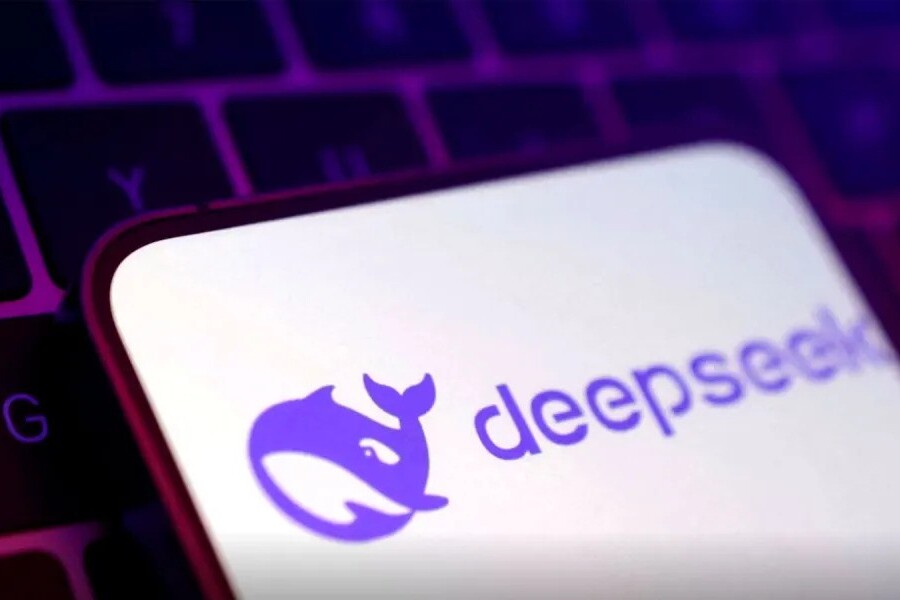
DeepSeek, one of the most popular apps in the Apple App Store, is now under fire for severe security and privacy risks. According to a report by NowSecure, the Chinese-based AI chatbot faces critical data encryption and storage flaws, potentially jeopardizing millions of users.
Experts have found that DeepSeek relies on outdated encryption methods, notably Triple DES, which is no longer considered secure. The flawed encryption is likened to using an easily breakable lock to secure valuable assets. Additionally, DeepSeek embeds encryption keys directly within the app, making it easier for hackers to access sensitive user data.
“If a hacker gains access to one encryption key, they can potentially unlock all the data,” explained a NowSecure spokesperson. Using duplicate keys across multiple users further escalates the risk of data breaches.
NowSecure’s investigation also revealed that DeepSeek’s storage mechanisms lack adequate protection. Usernames, passwords, and encryption keys are reportedly stored insecurely, making them easy prey for attackers. In addition, the app collects user and device data, raising concerns over surveillance and privacy.
Fueling the controversy further, DeepSeek is transmitting data to servers owned by ByteDance, the parent company of TikTok. ByteDance’s relationship with the U.S. government has been fraught with tension, as lawmakers have expressed concerns about potential data access by the Chinese government. TikTok is currently facing legal demands to divest its U.S. operations.
Critics warn that DeepSeek’s ties to ByteDance may expose U.S. users to surveillance risks. “Given the geopolitical landscape, any data shared with ByteDance raises serious security concerns,” said a cybersecurity analyst.
NowSecure’s recommendation is unambiguous: users should uninstall DeepSeek, especially in professional environments with sensitive data. The firm also advises seeking alternative AI chatbots that prioritize robust data security and privacy.
“The vulnerabilities in DeepSeek’s architecture present unacceptable risks for personal and business users alike,” the report emphasized.
The controversy has drawn attention from major players in the AI industry. Microsoft, a key investor in OpenAI’s ChatGPT, is reportedly probing whether DeepSeek engaged in unethical practices to train its AI models. Allegations of intellectual property theft, if confirmed, could result in legal action.
Microsoft’s investigation seeks to determine whether DeepSeek used proprietary data from U.S. companies. Industry experts caution that this could escalate existing tensions between U.S. and Chinese tech sectors.
Concerns have also emerged over possible censorship within DeepSeek’s platform. Users fear that the app may restrict sensitive topics in line with Chinese government regulations, stoking further distrust. Critics argue that such practices undermine transparency and freedom of expression.
Given the numerous warnings, cybersecurity experts suggest users consider deleting DeepSeek. With a growing number of secure chatbot alternatives like Le Chat entering the market, users have options that offer better privacy protections.
The DeepSeek controversy underscores the importance of stringent security standards for app developers. Experts recommend that DeepSeek overhaul its security infrastructure, adopt stronger encryption, and increase transparency regarding data collection.
For now, users are urged to prioritize their safety by avoiding apps with questionable data practices. As technology evolves, staying informed and vigilant remains key to protecting personal information.
This developing story highlights the growing scrutiny of tech companies regarding both security measures and geopolitical ties.
Angela Rogers